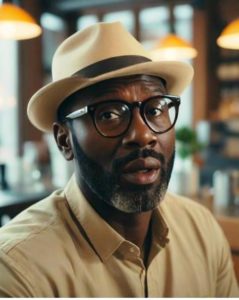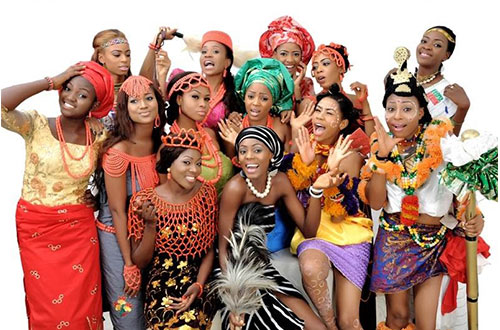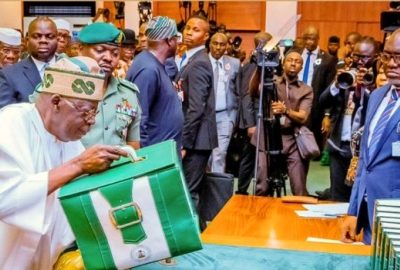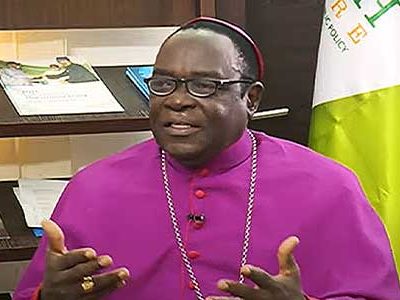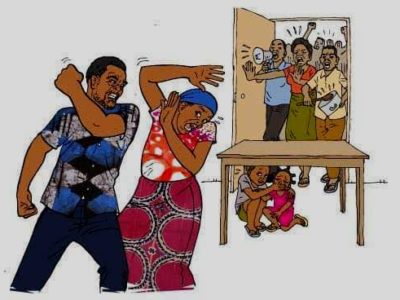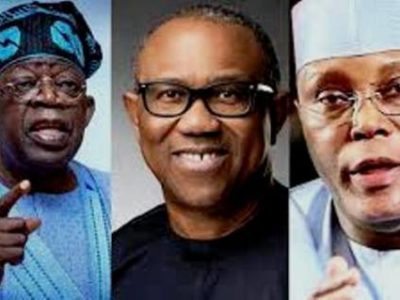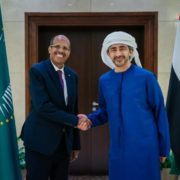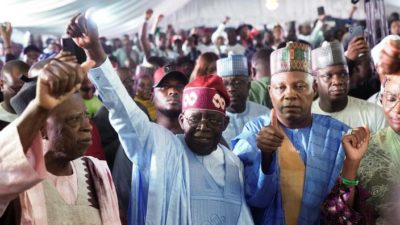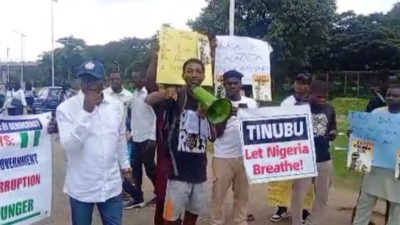By Abayomi Odunowo.
In Nigeria, a nation characterized by its rich diversity of cultures and ethnicities, it is imperative to understand the potential perils that accompany narratives targeting specific races. The ongoing discourse surrounding the Ibo (Igbo) people has provoked strong emotions, often escalating into harmful generalizations and blanket profiles. As members of the Yoruba ethnic group, we must confront these narratives with wisdom and discernment, resisting the urge to descend into the murky waters of prejudice that would only serve to diminish our collective integrity.
The proliferation of negative stereotypes about the Ibo people can be likened to playing in mud with a pig: it is an endeavor that not only tarnishes our dignity but also perpetuates a toxic environment of division and misinformation. Such narratives often arise from personal grievances or socio-political dynamics, morphing into a broader caricature that unfairly tarnishes the reputation of an entire ethnic group. This is not merely a question of perception; it is a dangerous erosion of the fabric that binds our nation together.
Generalizing any ethnic group leads to a distorted understanding
Generalizing any ethnic group leads to a distorted understanding of their identities, cultures, and contributions to society. Stereotypes ignore the diversity within groups, painting a monolithic picture that perpetuates division rather than fostering mutual respect and understanding. In a context where historical grievances often linger, further entrenched by the toll of economic hardship and political strife, the danger of these narratives becomes even more acute. The Ibo, Yoruba, and other ethnic identities present in Nigeria each possess unique histories and characteristics which, when oversimplified, risk inter-ethnic conflicts that can spiral into unjust sentiments, including violence and even genocide.
As Yorubas, we are endowed with a rich intellectual heritage and cultural depth that has historically placed us at the forefront of Nigeria’s socio-economic and political scenes. It is crucial to recognize that we possess a superior intelligence that should inform our approach to inter-ethnic relations. Resorting to derogatory narratives undermines this intellectual legacy and tarnishes our collective reputation. The art of dialogue and the cultivation of empathy are far more effective tools for resolving misunderstandings than indulging in divisive rhetoric.
Perpetuates cycles of animosity and victimhood
The deep pain that often fuels such rhetoric must be acknowledged; however, it is essential to channel that pain into constructive dialogues rather than destructive narratives. Each case of perceived transgression—whether it be political, social, or economic—must be examined on an individual basis, devoid of racial bias. The failure to do so not only erodes our moral standing but also perpetuates cycles of animosity and victimhood.
To foster a more just society in Nigeria, we must advocate for a respectful discourse that recognizes the complexities of each ethnic identity. By choosing dialogue over division, we can begin to dismantle the entrenched prejudices that the Ibo people—and indeed all ethnic groups—face. Just as we would not want our identities trivialized by unfair unwarranted stereotypes, we must extend the same courtesy to others.
Engage all citizens fairly and demonstrate accountability
Encouraging nuanced discussions about the experiences of different ethnic groups can lead to greater understanding and solidarity. Educational initiatives that promote cultural awareness, history, and mutual respect are essential steps towards healing the rifts that have emerged over time. Furthermore, it is crucial that our leadership exemplifies this respect by engaging with all citizens fairly and demonstrating accountability for actions that may unfairly target specific groups.
The narratives that portray any race in a monolithic and negative light are not only misguided but perilous in a pluralistic society like Nigeria. As Yorubas, we must rise above the mud of prejudice and fight for a discourse rooted in empathy, intelligence, and respect for all ethnic groups. By doing so, we affirm our commitment to a united Nigeria, where every individual is treated with dignity and fairness, regardless of their ethnic background. Unity in diversity is not just an abstract ideal but a vital necessity for nurturing peace and socio-economic progress in our beloved country.
